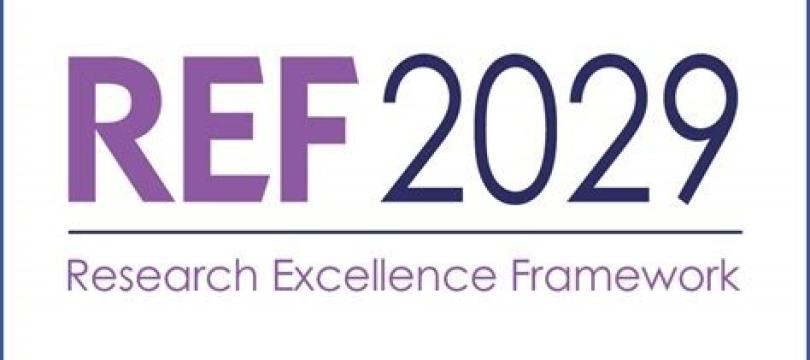Workshop report – preparing your KEF Public and Community Engagement Narrative
A report from the NCCPE workshop for staff working on the Public and Community Engagement perspective of their KEF narratives.

19 / 09 / 2020
With the deadline for submission of KEF narratives looming, the NCCPE recently ran a workshop for staff working on the Public and Community Engagement perspective. The workshop was a chance to share work in progress, to identify top tips, and to address some of the challenges people are experiencing. Members of the KEF team at Research England joined the session, and it included a presentation from Allice Hocking, Head of Research Impact and Partnerships at the University of Plymouth.
Today the NCCPE has published a summary of the event. The report summarises the top tips, elucidates the challenges people are facing with the narrative and self-assessment, and includes an extensive Q&A.
Challenges identified included the limited word count. Delegates shared ways around this, including, for instance, taking a thematic approach; and using infographics. Working out what evidence to reference was also addressed, as was the challenge of offering honest and realistic self-assessment. While most institutions were confident that they had a really rich array of activities to share, some were struggling to demonstrate evidence of impact, and a number did not currently have Public and Community Engagement strategies in place.
There was broad consensus that the process – while inevitably stressful and time consuming – was leading to really constructive conversations internally, and in some cases externally. Some HEIs are actively involving partners in crafting the narrative, and seeing them as the key audience for it, which was influencing the tone and language they were using.
The process was raising the profile of knowledge exchange and public engagement, and leading to practical changes, for instance in broadening the scope and remit of internal committees to include KE.
The fact that this is a development year was welcomed. It provides an opportunity to build a credible approach that generates really meaningful and valuable intelligence, internally and externally. The links to the KE Concordat were also discussed. The KEF is retrospective. Delegates were already beginning to plan for how they could use the intelligence gathered for the KEF to inform the Action Plans they will draw up for the KE Concordat, for submission in 2021.
The NCCPE has also published a briefing pack which summarises the KEF guidance for Public and Community Engagement.

